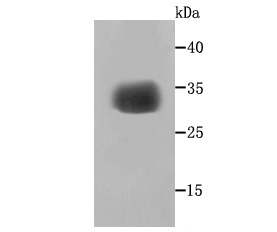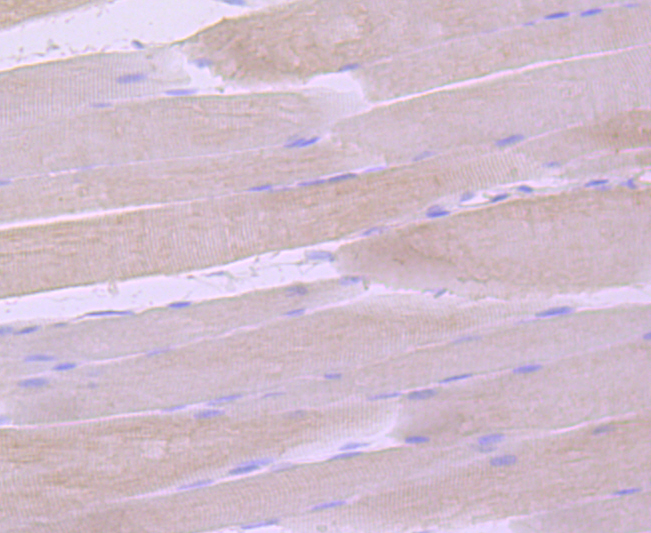The sarcoglycan transmembrane proteins are members of the dystrophin complex. Sarcoglycans cluster together to form a complex, which is localized in the cell membrane of skeletal, cardiac and smooth muscle fibers. Four sarcoglycan subunit proteins, designated α-, β-, γ- and δ-sarcoglycan, form a complex on the skeletal muscle cell surface membrane. A genetic defect in any one of these proteins causes the loss or marked decrease of the whole sarcoglycan complex, which is observed in the autosomal recessive muscular dystrophy, sarcoglycanopathy. In smooth muscle, β- and δ-sarcoglycans are associated with ε-sarcoglycan, a glycoprotein homologous to α-sarcoglycan. Additionally, a complete deficiency in δ-sarcoglycan is the cause of the Syrian hamster BIO.14 cardiomyopathy.


